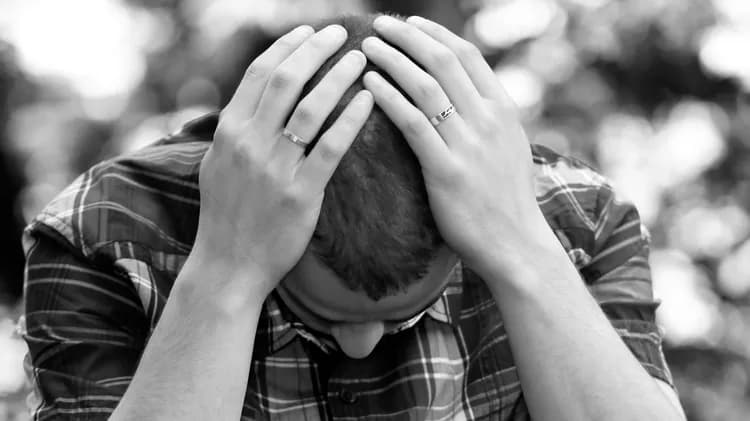
Criminal Offenders With Genetic Mental Disorders Judged More Negatively
Popular literature, crime dramas and recent trials dominating the media imply that defense attorneys who portray their clients as victims may have better outcomes. The belief is that jurors assign less blame to defendants they feel have been wronged. New research from the University of Missouri has shown that offenders with genetic mental disorders that predispose them to criminal behavior are judged more negatively than mentally disordered offenders whose criminal behavior may have been caused by environmental factors, such as childhood abuse. Additionally, offenders with genetic mental disorders are judged just as negatively as offenders whose mental disorder is given no explanation.
"We are used to thinking that if people who commit criminal acts suffer from a mental disorder, then that should be taken into account when assigning blame and punishment for their crimes," said Philip Robbins, an associate professor of philosophy in the MU College of Arts and Science. "In our study, we wanted to determine if it mattered why and how defendants acquired those mental disorders, and how that might affect the way society assigns blame and punishment when a crime is committed."
Robbins and Paul Litton, a professor in the MU School of Law, tested their hypothesis and explored its implications for philosophy, psychology and the law. Robbins and Litton conducted two surveys with 600 participants; the results confirmed that if the cause of a mental disorder was genetic, study participants tended to assign more blame and harsher punishment for the crime compared to cases in which the offender had a mental disorder that was not genetic in origin.
Robbins and Litton also expected to find that different environmental explanations would elicit different judgments from those being surveyed. For example, they predicted that mitigation would be greater for someone who developed a mental disorder due to childhood abuse compared to someone whose mental disorder resulted purely by accident, such as falling off a bike.
"Our theory was that people who have been intentionally harmed by caregivers are seen as more victim-like than people who have suffered accidents," Robbins said. "If so, intentional harm should be associated with less negative moral judgment than non-intentional harm. However, we found that whether the harm was intentional or accidental, it didn't affect judgments of blame or punishment."
Robbins says further research will be required to determine why there is no difference between intentional and unintentional causes of harm. However, their study adds to empirical research for defense attorneys to consider when constructing their case for a more lenient sentence. The findings suggest that presenting evidence of severe childhood abuse suffered by the defendant will be more effective than explaining the crime in genetic terms.
"It's a little surprising that genetic explanations have no mitigating effect," Robbins said. "We think the reason is that with a genetically caused mental disorder, there is no pre-existing person who has been harmed, so the offender is not seen as a victim. In the environmental cases, the offender is seen as a victim. That's what makes the difference."
Find the report online at: https://papers.ssrn.com/sol3/papers.cfm?abstract_id=3012201
Materials provided by University of Missouri-Columbia. Note: Content may be edited for style and length.
Disclaimer: DoveMed is not responsible for the accuracy of the adapted version of news releases posted to DoveMed by contributing universities and institutions.
References:
University of Missouri-Columbia. (2017, October 11). Criminal offenders with genetic mental disorders judged more negatively: Study has implications for law, psychology, philosophy. Retrieved October 15, 2017.
Related Articles
Test Your Knowledge
Asked by users
Related Centers
Related Specialties
Related Physicians
Related Procedures
Related Resources
Join DoveHubs
and connect with fellow professionals

0 Comments
Please log in to post a comment.